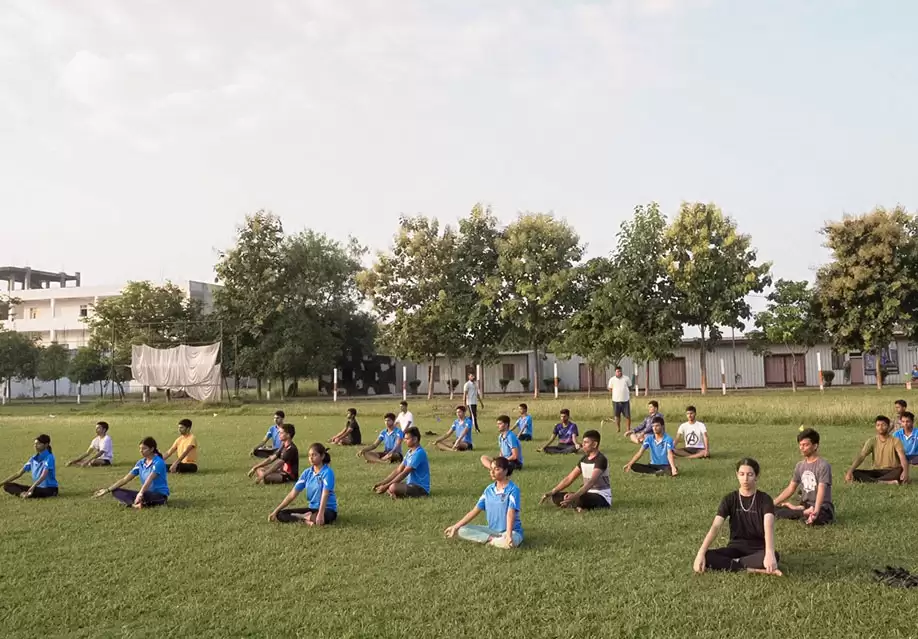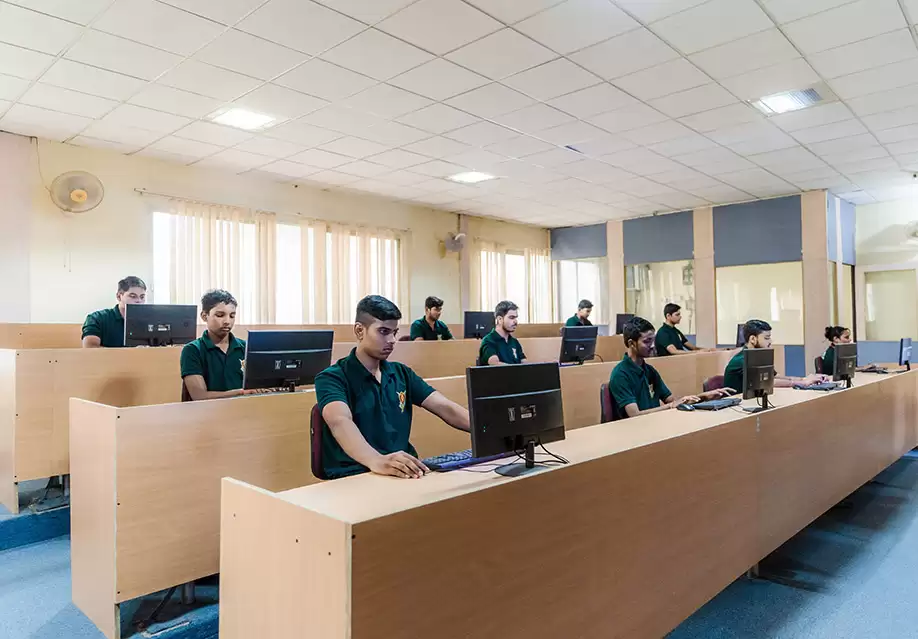Building a growth mindset in children is a powerful way to provide them with the resilience and motivation needed to lead life’s challenges and embrace learning at every opportunity. A growth mindset, a term coined by psychologist Carol Dweck, refers to the belief that abilities and intelligence can be developed through dedication and hard work.
This contrasts with a fixed mindset, where individuals believe their talents are innate gifts and unchangeable. Encouraging a growth mindset in kids can significantly impact their academic performance, relationships, and overall happiness.

7 Strategies To Help Nurture A Growth Mindset In Children.
- Embrace Challenges
Encourage children to see challenges as opportunities to grow rather than obstacles that are impossible. Teach them that every challenge is a chance to learn something new, and that effort will lead to improvement over time. This approach helps them develop resilience and persistence, essential qualities for lifelong success.
- Praise the Process, Not Just the Outcome
Focus your praise on the effort, strategy, and persistence your child shows rather than on the outcome or their innate abilities. For example, instead of saying, “You’re so smart,” you might say, “I’m really proud of how hard you worked on this project.” This type of feedback encourages children to value hard work and persistence over simply being “good” or “smart” at something.
- Encourage Positive Self-talk
Children often internalize and echo the way we talk to them. Teaching them to use positive self-talk can help them overcome moments of frustration and doubt. Instead of saying, “I can’t do this,” encourage them to say, “I can’t do this yet, but I’m learning.” This small change in language can make a big difference in how they view challenges and their abilities to overcome them.
- Model a Growth Mindset
Children learn a great deal from observing the adults in their lives. Show them what a growth mindset looks like through your actions and words. Share your challenges and how you’re working to overcome them. When you make mistakes, talk about what you learned and how you’ll approach the situation differently next time. This openness shows that learning and growing are lifelong processes.
- Value Curiosity and Learning
Create an environment where curiosity is valued more than correct answers. Encourage questions and exploration. When children ask questions, help them find the answers through research or experimentation, showing them that the process of learning is as important as the knowledge itself.

- Teach the Brain’s Ability to Grow
Explain to children that their brain is like a muscle that gets stronger and smarter through use. Introduce them to the idea that trying new things, practicing, and learning from mistakes are all ways to ‘exercise’ their brain, making it grow stronger. Understanding this can motivate them to embrace learning and growth.
- Celebrate Effort and Improvement
Recognize and celebrate improvements, no matter how small. This acknowledgment reinforces the idea that growth is a process and that their effort is paying off. Celebrating effort and improvement, rather than just achievements, helps keep children motivated and committed to their goals.
Leave a Reply